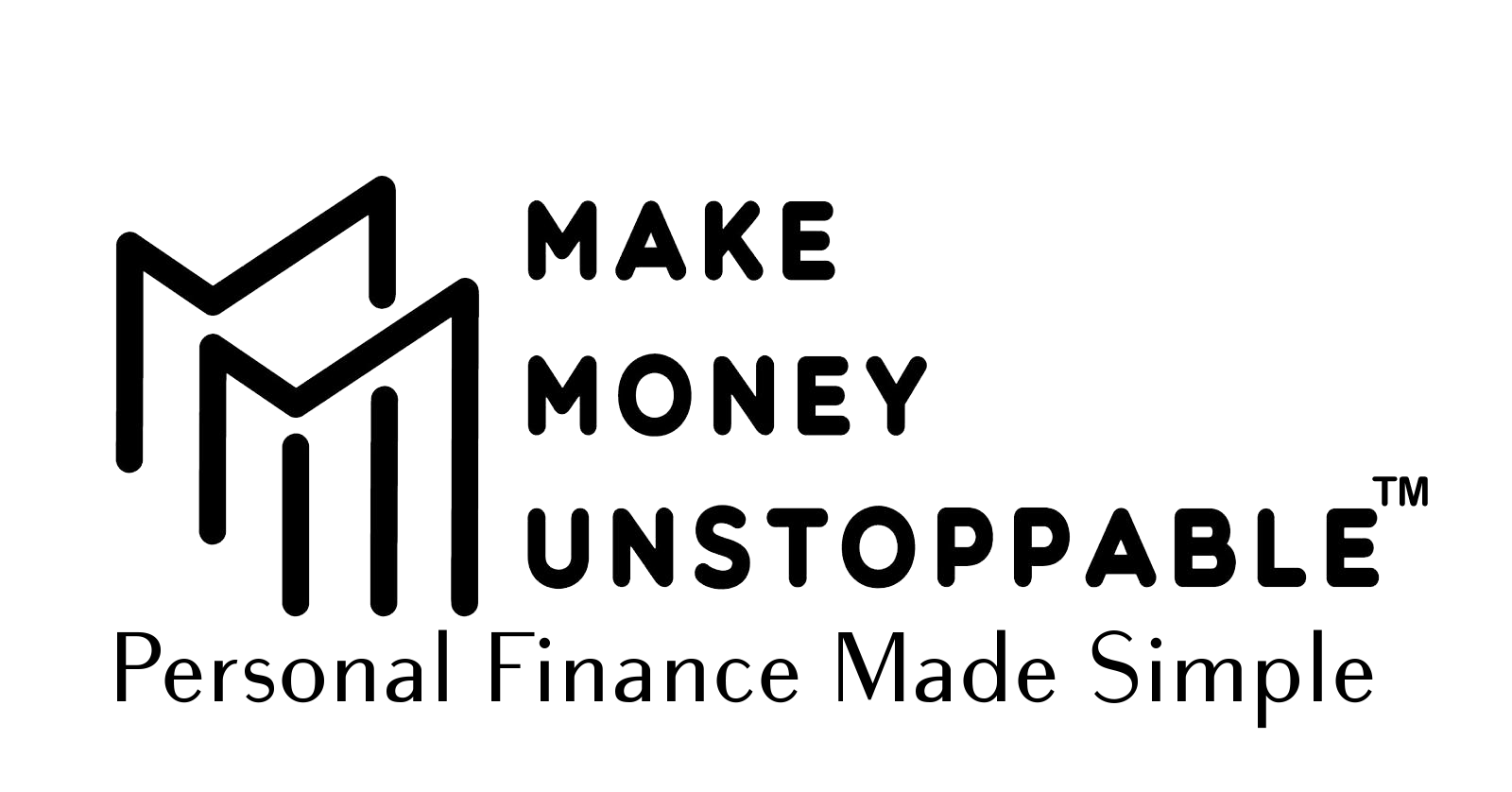
Does Money Buy Happiness? The Surprising Link Between Wealth and Emotional Well-Being
The Tug-of-War Between Wallet and Well-Being
When was the last time you checked your bank account? Do you avoid looking at your credit card statements or cringe at the sight of another bill? Were you surprised to see your balance nearly zero, or worse? This is the plight of many today.
If you don’t know where your money’s going or how it’s getting there, that’s not just a red flag-that’s a loud siren. And it’s time to hit reset on your finances.
Last Updated: September 21, 2025

Disclaimer: I am not a licensed financial advisor, financial planner, tax professional, or attorney. The information provided in this blog is for general informational and educational purposes only and should not be construed as professional advice. Always consult with a qualified expert before making financial, legal, or tax-related decisions.
This blog examines the intricate relationship between income and emotional well-being, delving into how spending habits, financial security, and mindset influence our experience of joy. Whether you’re striving for financial freedom or simply curious about the emotional return on investment, this in-depth exploration will help you rethink what it means to live a fulfilling life.
The Psychology Behind Money and Happiness
1. The Hedonic Treadmill
The concept of the hedonic treadmill suggests that people adapt quickly to changes in their circumstances, including financial ones. Whether it’s a raise or a windfall, the initial excitement fades, and individuals return to their baseline level of happiness.
- This adaptation explains why material upgrades often feel fleeting.
- Emotional satisfaction tends to stabilize, even after major financial gains.
- The pursuit of “more” can become a cycle of temporary highs followed by emotional plateaus.

2. Income and Emotional Well-Being
Studies have shown that while life satisfaction tends to rise with income, emotional well-being plateaus after reaching a certain threshold. This threshold varies depending on location, lifestyle, and personal values.
- Once basic needs and a comfortable lifestyle are met, additional income will have diminishing emotional returns.
- Emotional well-being is more closely tied to how money is used than how much is earned.
- Financial stress decreases with income up to a point, but beyond that, other factors may dominate.

Spending Habits That Boost Happiness
1. Experiences Over Possessions
Spending money on experiences such as travel, hobbies, or shared activities often leads to more lasting happiness than purchasing material goods or buying stuff.
- Experiences create memories and deepen social connections.
- They help contribute to identity and personal growth.
- Unlike possessions, experiences are less prone to comparison and depreciation.
2. Giving and Generosity
Using money to help others, whether through gifts, donations, or acts of kindness, can significantly boost happiness. Many studies have postulated that.
- Generosity activates reward centers in the brain.
- It fosters a sense of purpose and strengthens relationships.
- Giving promotes gratitude and reduces feelings of isolation.
Unlock your financial freedom.
Download this FREE eBook!.
How to make $100,000/month? Stop being average and think big.
Yes, this eBook is Free. Just drop your email to get instant access. It will be sent to your email.
How To Make $100 A Day – 23 Real Ways To Make Extra Money
16 Best Ways To Get Paid To Read Books in 2025
How To Become Rich – Strategies To Become Wealthy
18 Passive Income Ideas To Earn $1,000+ Each Month
Best Rewards Credit Cards For 2025 | What You Need To Know
Subscribe for exclusive insights
PLUS: Get Access to exclusive financial tips, learn everything about money and get early blog updates – delivered directly to your inbox .

3. Financial Security and Peace of Mind
Having a financial cushion reduces stress and anxiety. It allows individuals to navigate life’s uncertainties with confidence.
- Emergency savings and debt-free living contribute to mental well-being.
- Financial stability supports long-term happiness more than luxury purchases.
- Peace of mind is often more valuable than material abundance.
Social and Cultural Influences
1. The Comparison Trap
In a world saturated with curated lifestyles and digital showcases, comparing one’s financial status to others can erode happiness.
- Social comparison often leads to dissatisfaction, even after needs are met.
- The pursuit of status can overshadow genuine contentment.
- The illusion of wealth online can distort perceptions of success.

2. Cultural Definitions of Joy
Different cultures prioritize different values. Some emphasize community and spirituality, while others focus on achievement and wealth.
- Your happiness may be shaped by cultural norms, beliefs, upbringing, and expectations.
- Financial success may be celebrated in one context and downplayed in another.
- Understanding cultural influences may help clarify personal values around money.
Mindset and Meaning
1. Gratitude as a Happiness Amplifier
Practicing gratitude can elevate happiness regardless of income. Focusing on what one has, rather than what’s missing, can help foster emotional resilience.
- Gratitude shifts attention from scarcity to abundance.
- It enhances satisfaction and reduces envy.
- Daily gratitude practices can rewire the brain for positivity.

2. Minimalism and Intentional Living
The minimalist approach encourages thoughtful spending and prioritizing what truly matters. By reducing clutter, both physical and financial, individuals may often find greater peace.
- Intentional living promotes clarity and purpose.
- It aligns financial choices with personal values.
- Minimalism encourages freedom from consumer pressure.
3. Time Affluence vs. Financial Affluence
Time affluence: the euphoric feeling of having enough time is increasingly recognized as a key contributor to happiness.
Financial Affluence: the feeling of having sufficient financial resources to comfortably meet one’s needs, pursue meaningful goals, and enjoy life without constant stress or constraint. Like time affluence, it’s not merely about wealth, but about perceived financial security and freedom.
- People often trade time for money, but the reverse may bring more joy.
- Flexible schedules, leisure, and autonomy can help enhance well-being.
- Investing in time-saving services can be more rewarding than material purchases.

The Happiness Equation: Beyond the Paycheck
Money is a tool, not a destination. The happiness equation involves multiple variables:
- Basic Needs: Shelter, food, clothing, healthcare, and safety are foundational.
- Security: Emergency funds and debt management can help reduce anxiety.
- Freedom: Autonomy in choices and time can lead to fulfillment.
- Connection: Relationships and shared experiences matter more than possessions.
- Purpose: Meaningful work and giving back may contribute to lasting joy.
So, Can Money Buy Happiness?
The Answer: Yes, But Only to a Point
Money plays a role in happiness, but it’s not the whole story. Here’s what the evidence suggests:

- Yes, money helps meet basic needs and provides comfort.
- Yes, spending on experiences and others enhances joy.
- No, chasing wealth for status or material gain doesn’t lead to lasting happiness.
- No, more money doesn’t guarantee emotional well-being beyond a certain point.
True happiness is a blend of financial stability, meaningful relationships, personal growth, and emotional awareness.
Money is a tool, not the destination. When used wisely, it empowers us to live with purpose and freedom. But if we misuse or neglect it, it can become a source of stress and limitation.
Final Thoughts: Designing a Wealth-Happy Life
True wealth isn’t just measured in dollars; it’s reflected in peace of mind, meaningful relationships, and the freedom to live life on your own terms. If you’re seeking to align your financial goals with emotional well-being, you may consider these intentional strategies to cultivate a life that feels as rich as it looks.
1. Create a Happiness Budget
Instead of budgeting solely for bills and savings, carve out a dedicated portion of your income for joy. This could include travel, hobbies, wellness activities, or spontaneous experiences that can bring you genuine pleasure.
- Prioritize spending on experiences over possessions.
- Include categories for giving, self-care, and creative exploration.
- Track emotional returns, not just financial ones.

2. Practice Financial Gratitude
Gratitude can help transform your relationship with money. By regularly reflecting on what your income enables, whether it’s a warm home, nourishing meals, or time with loved ones, you shift from scarcity to abundance.
- Keep a gratitude journal focused on financial blessings.
- Celebrate small wins, like paying off a bill or saving for a goal.
- Reframe financial obligations as privileges when possible.
3. Avoid Lifestyle Inflation
As income rises, so does the temptation to upgrade everything: from your car to your coffee. But constantly chasing “more” can dilute the joy of financial progress.
- Maintain modest upgrades that align with your values.
- Focus on increasing savings and freedom, not just consumption.
- Ask yourself: Will this serve my well-being, or merely shape how others see me? And is it a need or a want?

4. Invest in Relationships
Money spent on nurturing relationships often yields the highest emotional return. Whether it’s hosting a dinner, planning a trip with friends, or supporting a loved one, these moments could build lasting happiness.
- Allocate funds for shared experiences and celebrations.
- Support others in meaningful ways, both emotionally and financially.
- Prioritize connection over accumulation.
5. Define Success on Your Own Terms
Success isn’t one-size-fits-all. Reject societal metrics like status symbols or income brackets, and instead craft a definition rooted in your values, passions, and purpose.
- Write a personal mission statement that includes financial and emotional goals.
- Revisit your definition of success regularly as you grow.
- Let fulfillment, not comparison, be your compass.
Your definition of success should be your own and should come from within you. Not from your parents, siblings, or society.

6. Prioritize Time Over Money
Time is the ultimate currency. Choosing flexibility, autonomy, and leisure over excess income can lead to greater life satisfaction.
- Consider time-saving services or flexible work arrangements.
- Schedule downtime with the same importance as work.
- Invest in experiences that can enrich your time, not just your wallet.
7. Simplify Your Financial Life
Complex finances can create stress. Streamlining your money management can help you focus on what truly matters.
- Automate savings, bill payments, and budgeting tools.
- Eliminate unnecessary subscriptions and expenses.
- Reduce debt strategically to free up emotional bandwidth.
Living Richly, Beyond the Numbers
Designing a wealth-happy life means shifting your focus from accumulation to alignment. When your financial decisions reflect your true values, relationships, and emotional needs, money becomes a tool for fulfillment, and not just a measure of success.
Whether you’re building a budget, redefining success, or simplifying your financial habits, remember: happiness isn’t found in the balance sheet—it’s built in the moments, choices, and connections that make life truly meaningful.
Join the conversation! Drop your thoughts in the comments below, and let’s keep the discussion going.
From Experience to insight : Transformational reads for the Strategic mind
Foundational readings for big shifts:
- How to Track Spending without Getting Overwhelmed
- The 7-Day Money Reset Plan: Take Back Control In Just One Week
- Are You Throwing Away $5,000 a Year on Food Waste Without Realizing It?
- The Real Cost of Owning a Big Home
- The Psychology of Spending: Why We Overspend and How to Stop It
- Mastering the Envelope Method
Author: Vaidya Selvan
Welcome to Make Money Unstoppable Personal Finance Made Simple, a blog born out of necessity, a space created from real-life experiences, hard-earned lessons, and a deep-seated desire to share what I wish someone had taught me or had known sooner.
Newsletter Invite
Want more real-world information on Money? Join my newsletter for practical tips, updates on my books, and strategies to help you build financial freedom on your terms.
#FinancialFreedom #Newsletter #MoneyTips



